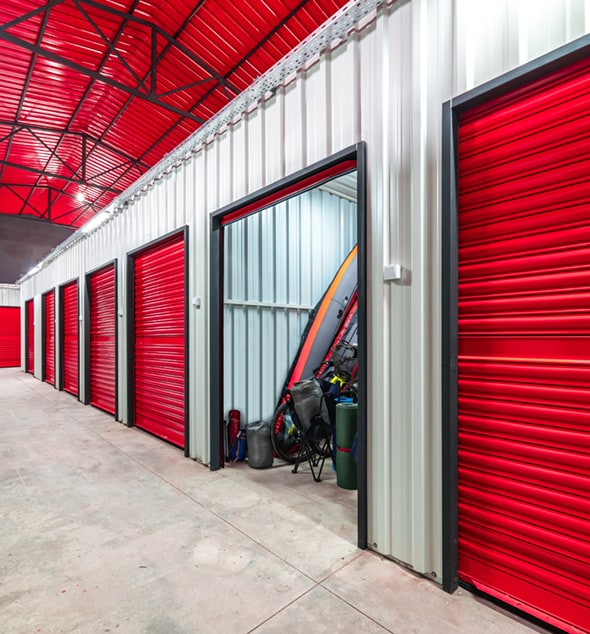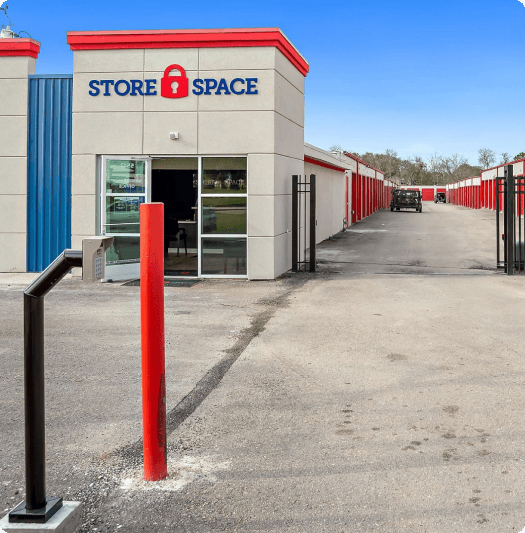Is Brandon a Good Place to Live? Moving to Florida

When looking for a place to live in the Tampa Bay area, Brandon, FL, is bound to be one of your top considerations. Why?
It’s close to everything that makes Tampa a great destination on the Gulf Coast, houses cost less than the national average, and it’s served by one of the best public school districts in the Tampa metro area.
But before you say, “Let’s Go (to) Brandon,” review our list and see some important statistics about Brandon, as well as the pros and cons of living in the area. Then, you can be confident in your decision to move to Brandon.
Where is Brandon, FL, Located?
When most people think of Brandon, they envision a bedroom community for commuters working in Tampa, St. Petersburg or nearby. Brandon is an unincorporated, census-designated community within the easternmost portion of the Tampa Bay area.
Brandon really took off in the 1960s after the Brandon Chamber of Commerce was formed. The town’s population quickly grew from about 1,600 at the start of the decade to 8,000 as an estimated one new family a day moved to Brandon. By the ‘70s, the population had swelled to more than 40,000, but it was in the ‘80s when the town started expanding southward, combined with the Interstate 75 project, that propelled the city to more than 57,000.
After hitting 100,000, the population growth slowed slightly between 2010 and 2020, increasing by just over 10%. Prior censuses showed growth between 32 and 39% each decade from 1980 onward.
| Brandon, FL | Data* |
| Population (2010) | 103,483 |
| Population (2020) | 114,626 |
| Area (sq. mi.) | 35 |
| Land Area (sq. mi.) | 33.13 |
| Water Area (sq. mi.) | 1.86 |
| Elevation (ft.) | 46 |
| Time Zone | UTC-5 (EST) |
What is There to Do in Brandon?
Brandon’s shopping and entertainment district has become well-known in the area. Westfield Brandon is a 1.1 million sq. ft. shopping center, anchored by Macy’s, JCPenney, Dillard’s, DSW, Dick’s Sporting Goods, and Books A Million. Other featured locations include The Cheesecake Factory and the Apple Store. Opened in 1995, the mall was significantly expanded in 2007, incorporating pedestrian-friendly areas.
While technically sporting Tampa addresses, attractions such as Topgolf, iFLY Indoor Skydiving and Dave & Busters are adjacent to Westfield Brandon, just west of Interstate 75.
Brandon is also home to multiple parks (including a dog park), sports complexes, a rec center, a boat ramp, and a skate park. Search Hillsborough County’s website for the park nearest you, or for the activity/amenity you have in mind.
There’s no shortage of dining in the area, although most eateries are parts of multi-location chains. If you’re looking to avoid the same old, same old, try Jesse’s Steak and Seafood, Hot N Crazy Crab, Chicken and Taco Loco Bar & Grill (or their food truck) or Pasta Monsta Food Truck.
Of course, being part of the greater Tampa Bay area lends itself to many activities, adventures and opportunities galore. In addition to a wide range of cultural offerings and nightlife venues, the city is home to major sporting franchises in the NFL, NHL and MLB, all three of which have won (or competed for) championship titles in recent years.
Is Brandon an Affordable Place to Live?
Overall, the cost of living in Brandon is 5% lower than the national average. The biggest savings come in the area of housing costs, with Brandon approximately 28% lower than the national average. Groceries are on par with the rest of the U.S., but transportation costs (largely because of the size of the metro) and utilities (+16%) are above the median, according to Payscale.com.
The median home value is $187,000 vs. the national average of $217,500. Rentals, which make up about 47% of the local market, are above the national average, at $1,271 vs. $1,062, according to Niche.com.
| CITY | STATE | COST OF LIVING* |
| Brandon | FL | -5% (National Avg.) |
| Akron | OH | +0.7% |
| Surprise | AZ | -6% |
| Topeka | KS | -0.6% |
| Frisco | TX | -4.6% |
Is Brandon a Safe Place to Live?
Brandon is considered a safe place to live. CrimeGrades.org gives Brandon, FL, a B+ rating, placing it in the 73rd percentile. That means only 27% of cities are safer, while 73% are more dangerous than Brandon. It rates better than the Florida average and the national average.
Pros and Cons of Living in Brandon, FL
As with every place you might be considering, there are pros and cons to living in one area versus another. Similarly, one person’s “pro” might be another’s “con,” so it’s important to determine which things are important to you and your family.
Education
Niche.com ranks Hillsborough County Public Schools as the second-best district in the Tampa metro area. It also ranks as the state’s most diverse, and is the fourth-best for athletics. It has 223,305 students in grades PK, K-12 with a student-teacher ratio of 16 to 1. According to state test scores, 55% of students are at least proficient in math and 54% in reading.
Employment
Since it primarily exists as a bedroom community for the bay area, Brandon itself doesn’t have much in the way of industry or business parks. The majority of employment in the immediate area comes from the local hospital and related healthcare fields, schools, and customer service-type jobs.
The good news is employment throughout the greater Tampa Bay area is on the rise. Unemployment dipped to 3.6% in early 2022, half of what it was in 2021, according to the Tampa Bay Business Journal.
Climate
The Brandon area lies in a humid, subtropical zone. This means the summer is long, hot and humid, with temps averaging in the mid to upper 80s. Winters are milder and typically dry, averaging 62 F. Being a bit farther inland, the area often experiences a couple of nights below freezing each year.
Owning vs. renting
For those looking to own a home in Brandon, the good news is that it’s more affordable than elsewhere in the U.S. However, only 53% of the area’s residents own, while the remaining 47% rent. Rental costs are much higher than the national average, making Brandon more expensive than many places, according to Niche.com.
What’s Next for Moving to Brandon?
Good schools, close to Tampa, affordable homeownership, plus low crime—all enticing aspects of living in Brandon. But expensive rent, humid summers and a lack of local career opportunities might change your mind.
If your move requires additional self-storage, visit Store Space in Brandon, or use our storage location finder for your nearest location!







